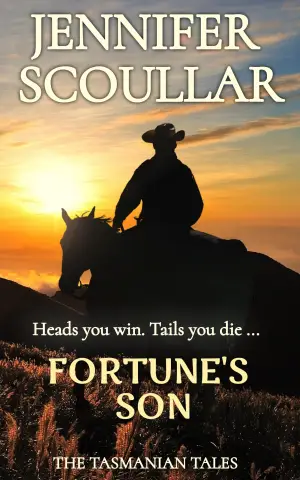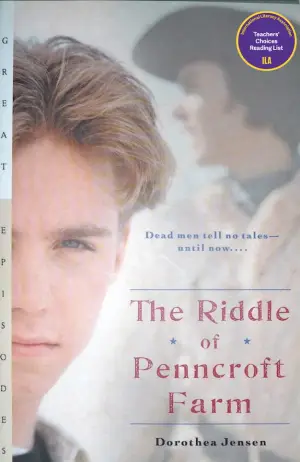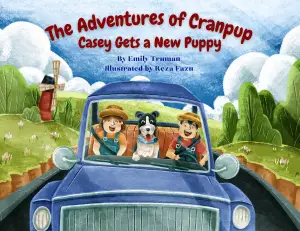A Treachery of Swans: A Dance of Manipulation and Misunderstanding
When I first came across A Treachery of Swans by K.A. Poranek, I was instantly intrigued by the notion of a reimagined classic tale intertwined with themes of power, love, and betrayal. As someone who has always been captivated by the darker shades of stories—think twisted fairy tales and flawed characters—I eagerly dove into this book, expecting to uncover a mesmerizing yet eerie narrative. However, what unfolded was a mixed bag of tantalizing potential marred by frustrating execution.
The story revolves around Odile, the black swan from Swan Lake, a young girl driven by an insatiable desire to be loved as she truly is. Her quest for power becomes a morally ambiguous journey where her closest friend, Marie d’Auvingy, suffers at the hands of Odile’s manipulative machinations. As I read, I found it difficult to sympathize or connect with Odile, who is painted as a cunning yet ultimately ineffective antagonist. Rothbarte’s remark, “You were always too clever, weren’t you? Impatient, reckless, but clever when forced to be,” suggests depth, but it often feels more like a static label than an actual exploration of character.
Poranek aims to create a complex and cunning figure in Odile, yet Odile often feels like a puppet lacking the strings of authenticity. When she attempts to embody Marie’s character without first embracing the nuances of her own frustrations and motivations, it falls flat. Moments like “I know what Marie would say in this situation, but that response is annoying, so I choose not to say it,” are meant to showcase her cleverness but instead reveal her immaturity and unwillingness to engage genuinely with her role. This made me want to shake her to recognize the weight of her actions more seriously.
One of the central tensions—Odile’s relationship with Marie—feels forced and lacks the heat necessary for transformation. Their bond dangles between friendship and hostility, yet the chemistry is non-existent. Marie’s unconditional love for Odile emerges as dubious, given how consistently Odile treats her poorly. The framework of “friends to enemies to lovers” is set up, but the execution neither builds intrigue nor emotional investment; it feels as if it were contrived to fit a mold rather than organically developed.
Reflecting on characters from other narratives like Rue in Princess Tutu, I couldn’t help but feel that Poranek’s tale missed an opportunity to deeply explore the consequences of betrayal and the cycle of abuse. Rue, despite her complex flaws, offers redemption and insight into her destructive actions. Odile, conversely, seems hand-waved out of responsibility, leading to a frustrating disconnect with the reader.
Despite its intriguing premise, the pacing felt uneven—burdened by lengthy explanations and dialogue that eroded the tension rather than building it. The richness of the original source material feels underutilized, which was disappointing given its potential.
In conclusion, A Treachery of Swans may find a place among readers who enjoy intricately woven tales of manipulation, especially those who appreciate darker spins on classic characters. However, those seeking a deeper exploration of character redemption and authentic relationships may want to look elsewhere. Personally, I left feeling hollow, wishing Poranek had transformed those promising bones into a more substantive tale. For those craving a more fulfilling rendition of similar themes, I’d recommend A Dark and Drowning Tide by Allison Saft or the allegorical brilliance of Princess Tutu.
Rating: 2/5 Stars—the beauty of the concept only highlights the struggles that ultimately held the story back.
Discover more about A Treachery of Swans on GoodReads >>






